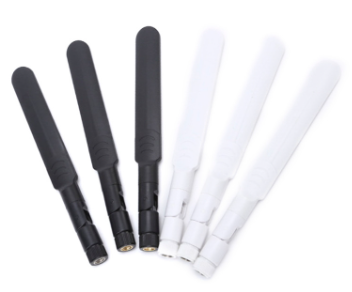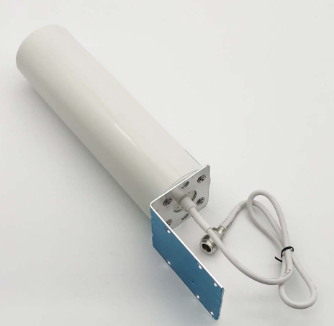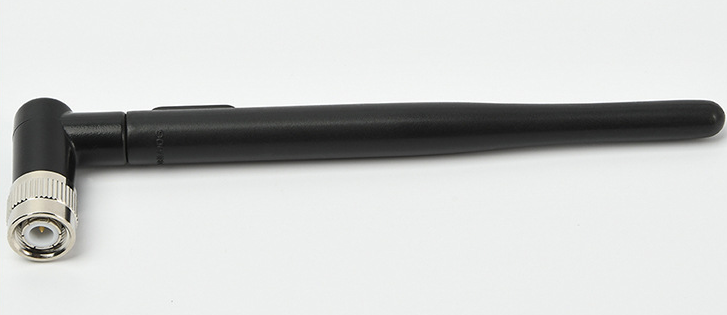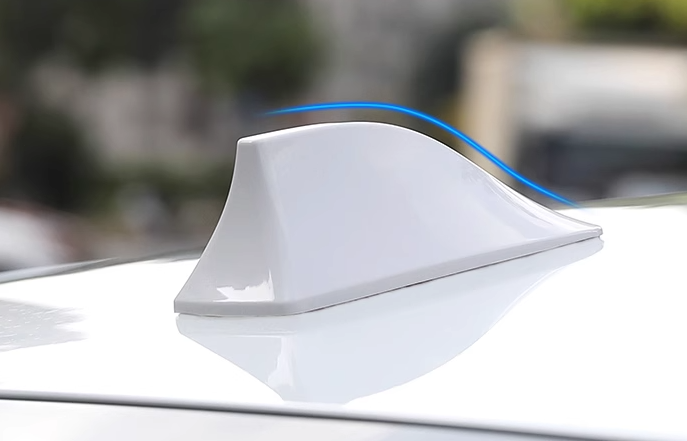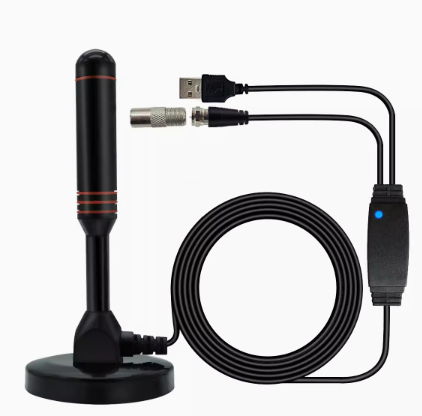How to extend the Bluetooth antenna on the PCB board
How to Extend the Bluetooth Antenna Using PCB Board
Bluetooth is a wireless technology that uses radio waves to transmit data between devices with ease. With the advancement of technology, Bluetooth is becoming increasingly popular, and we are seeing it in more devices than ever before. However, Bluetooth signals can weaken as the distance between devices increases, making it difficult to transmit data over longer distances. Fortunately, extending Bluetooth signals is not an insurmountable task, as you can extend the range of your Bluetooth antenna using a PCB board.
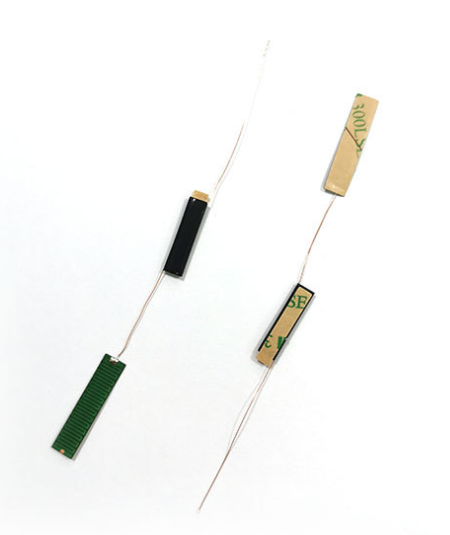
A PCB (Printed Circuit Board) board is a board made of a non-conductive material, such as fiberglass or plastic, on which copper tracks have been applied to enable the flow of electricity. PCB boards are used in electronic devices to connect components, such as resistors, capacitors, and transistors. However, a PCB board can also be used to extend the range of your Bluetooth antenna in the following ways:
1. Use a PCB Antenna Design Tool
To extend the range of your Bluetooth antenna, you can use an antenna design tool to create a customized Bluetooth antenna design. An antenna design tool is software that helps create antenna designs by simulating radio waves' behavior to determine the optimal position, size, and shape of the antenna. With the tool, you can add a PCB board trace that acts as an antenna and extends the range of the Bluetooth signal.
2. Increase the Antenna's Length
You can extend the Bluetooth antenna's range by increasing the antenna's length. A longer antenna will have a better signal-to-noise ratio because it has a larger surface area to capture and transmit the signal. To increase the antenna's length, you can add a tracking line on the PCB board that connects the antenna to the Bluetooth module. The tracking line should be as straight as possible and away from other components to minimize interference.
3. Add a Feedpoint
A feedpoint is a point on the antenna that connects the Bluetooth module to the PCB board's antenna trace. Adding a feedpoint will increase the Bluetooth signal's strength and range by improving the signal quality. To add a feedpoint, you should create a unique pad on the PCB board that connects the Bluetooth module's feeder to the antenna's trace.
4. Use Ground Stitching
Ground stitching is a technique that helps reduce the electromagnetic field generated by the Bluetooth module. By reducing the electromagnetic field, the noise level is minimized, and the Bluetooth signal's quality improves. To use this technique, you need to add a ground plane to the PCB board and connect it to the Bluetooth module's ground pin.
In conclusion, extending the Bluetooth signal's range is crucial when using it in electronic devices. With PCB board design tools, increasing the antenna's length, adding a feedpoint, and using ground stitching, you can extend the Bluetooth antenna's range and enhance the Bluetooth signal's quality. Therefore, PCB board design is a powerful tool that can be used to extend the range of Bluetooth antennas and ensure uninterrupted communication between devices.
